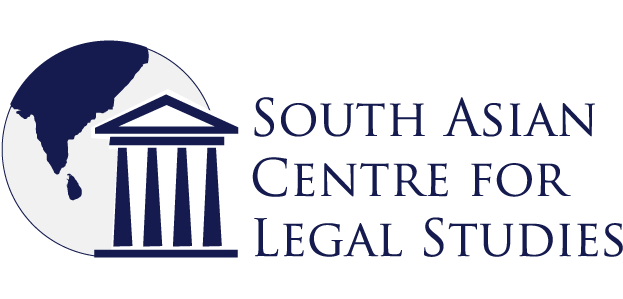 by South Asian Centre for Legal Studies blog, Colombo, March 10, 2017
by South Asian Centre for Legal Studies blog, Colombo, March 10, 2017
With the commemoration of international women’s day this week, we must remember that the transitional justice agenda, which was in many countries advanced by courageous and resilient women activists, must be situated within a broader human rights framework. The CEDAW report, also published this week, reminds us of the need for a rights-based approach to transitional justice. By including recommendations pertaining to transitional justice as part of its examination of Sri Lanka’s compliance with the Convention on the Elimination of All Forms of Discrimination Against Women, the report is a reminder that the ultimate goal of transitional justice must be to reform and dismantle structures of oppression that gave rise or sustained violence and ultimately restore the rule of law and human rights for all.
The CEDAW report echoes many of the demands conveyed for years by women activists. These include the reform of discriminating personal laws, increased gender representativeness in public institutions, as well as prevention and repression of gender based and domestic violence, to list of few. The report also dedicates two sets of recommendations to issues pertaining to the broader transitional justice agenda. Besides emphasizing the importance of over 50% women’s representation in transitional justice mechanisms, the Committee notably recommends international participation of judges, prosecutors, investigators and lawyers in the accountability mechanism. It also emphasizes the need to amend the Assistance to and Protection of Victims of Crimes and Witnesses Act to bring it in line with international standards. Furthermore, the Committee examines the issue of conflict related sexual and gender-based violence against women. In particular, in its recommendations, the report highlights the need to implement a zero-tolerance policy for sexual violence perpetrated by the army and the police, and to reinforce national investigative and prosecutorial capacities and witness and victims’ protection and support.
More broadly, the Committee notes the inadequacy of law enforcement’s response to sexual and gender-based violence including domestic violence. In this respect, it recommends the establishment of a special unit in the Attorney General’s Department to expedite the handling of cases of sexual violence. In fact, the creation of such a special unit could lead to increased gender sensitiveness in investigations and prosecutions of sexual crimes. Interestingly, during the consultations carried out by Women Action Network in preparation of SACLS’ report “A Gendered Approach to Transitional Justice”, women made a similar recommendation with respect to the proposed Special Court. However, international experience shows that the creation of a special unit dedicated to the investigation and prosecution of sexual and gender-based crimes within a Special Court focusing on international crimes could be counterproductive. This is because sexual and gender-based violence against women as underlying acts of war crimes and crimes against humanity interrelate with other international crimes. Therefore, a streamlined approach to investigations and prosecutions better serves the interest of women victims. In light of this, gender balance in the staffing of the Special Court is all the more important. Ultimately, a special mechanism—whether a special unit for sexual crimes within the AG’s Department or a Special Court dedicated to international crimes including sexual and gender-based crimes—will be essential in setting standards for the handling of sexual and gender-based violence cases.